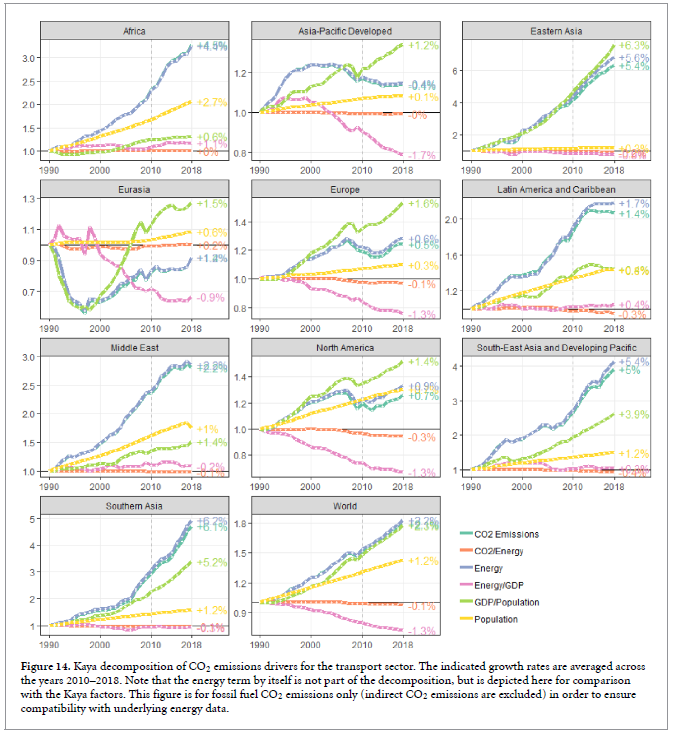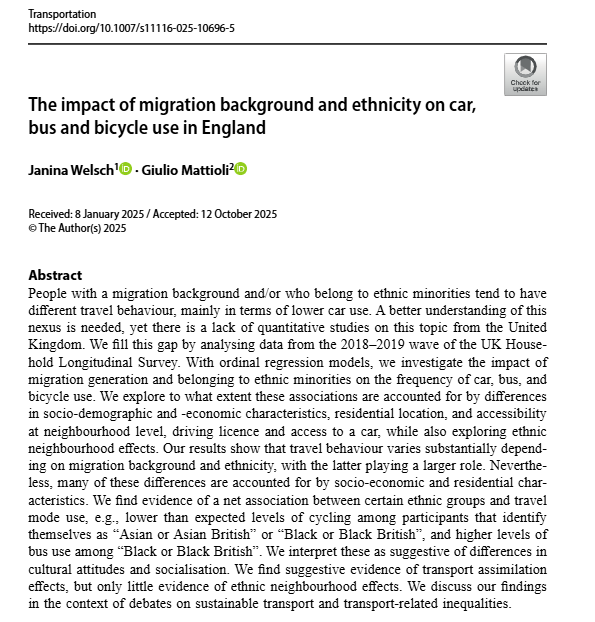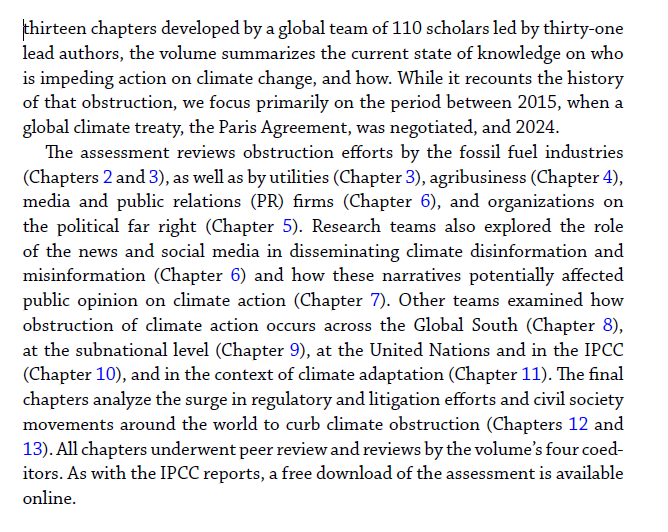*** IMPORTANT NEW PAPER KLAXON ***
New paper by @lamb_wf et al. on trends & drivers of climate emissions in various sectors since 1990. Will feed into IPCC Sixth Assessment Report.
I contributed to the section on transport so here's a THREAD
iopscience.iop.org/article/10.108…
New paper by @lamb_wf et al. on trends & drivers of climate emissions in various sectors since 1990. Will feed into IPCC Sixth Assessment Report.
I contributed to the section on transport so here's a THREAD
iopscience.iop.org/article/10.108…

@lamb_wf Transport accounts for 14-15% of global GHG emissions according to the latest figures (2018). Most of it from road transport (11% of global emissions). Aviation is 1.6%. 

Road transport is both one of the highest emitting subsectors AND one of the subsectors with the most rapid growth since 2010 (+2% per year) 

Global transport emissions have virtually *doubled* since 1990. Also, unlike other sectors, we see growth in pretty much all world regions, *including Europe and North America*. East Asia is absolutely booming. 

On why transport emissions have increased in Europe see this report & thread
https://twitter.com/giulio_mattioli/status/1327177692983287808
The road subsector accounted for most growth since 2010 (+1.9% per year), but growth was even faster for inland shipping (+3.2%/yr), domestic aviation (+2.8%/yr) and international aviation (+2.7%/yr).
So why have emissions increased? Transport emissions track GDP growth (& the associated increase in travel activity) pretty closely.
Carbon intensity has remained pretty much stable. Energy intensity has decreased, but not enough to offset travel activity growth.
Carbon intensity has remained pretty much stable. Energy intensity has decreased, but not enough to offset travel activity growth.

NB: the aviation emissions calculated in the paper ⬇️ are the total GHGs, not the total warming - which is higher because of other factors. If those factors are taken into account, aviation accounts for a higher share of warming.
https://twitter.com/giulio_mattioli/status/1409805788210765826
See for example this recent paper
https://twitter.com/milankloewer/status/1408022492602589186
and this one doi.org/10.1016/j.atmo…
• • •
Missing some Tweet in this thread? You can try to
force a refresh















